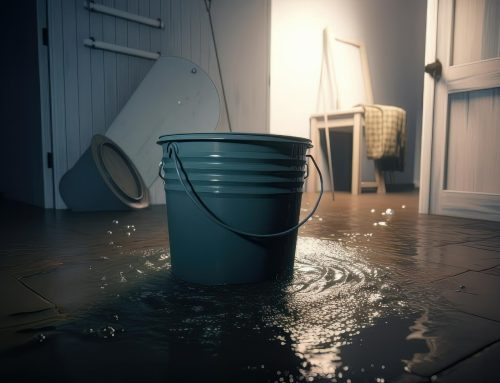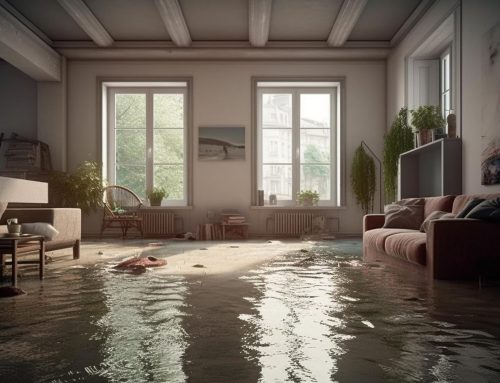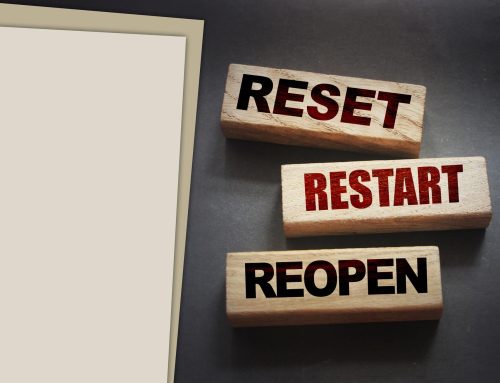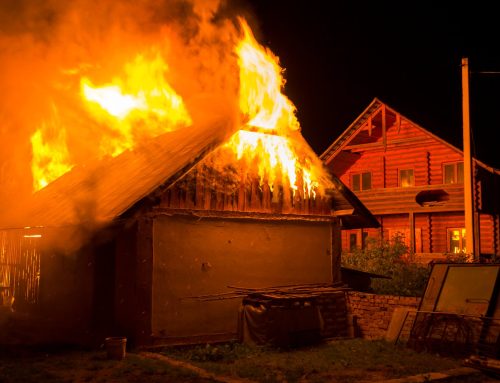Spring Thaw: Protecting Your Home from Water Damage
As the winter snow begins to melt, spring brings new life and a fresh start. However, it also brings potential problems for homeowners as the snowmelt can cause water damage to their homes. Here is some helpful information on the effects of spring thaw and protecting your home from water damage.
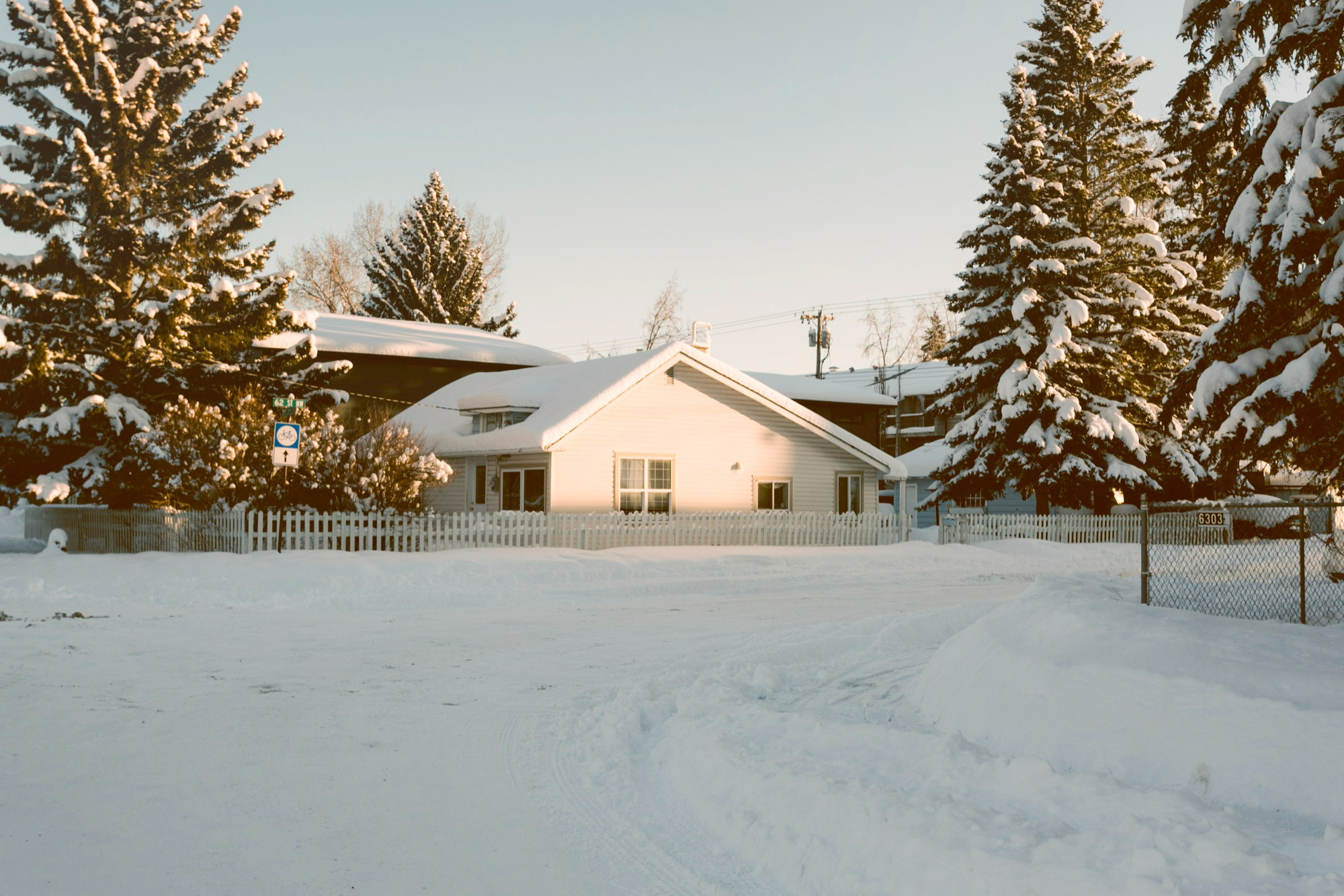
- Clear Your Gutters
Your gutters and downspouts play a crucial role in protecting your home from water damage. They work to redirect rainwater away from your home’s foundation. However, if your gutters are clogged with debris, the melting snow will not be able to drain properly, leading to water damage.
Make sure to clean your gutters before the snow melts to avoid water from overflowing. It’s also important to make sure your downspouts are pointed away from your home to prevent water from pooling near your foundation.
- Inspect Your Roof
Your roof is another important line of defense in protecting your home from water damage. Inspect your roof for any damage, such as missing or damaged shingles, and repair them immediately. A damaged roof can lead to water leaks, which can cause significant damage to your home.
- Check Your Sump Pump
If you have a sump pump in your basement, make sure it’s working properly before the snow melts. A malfunctioning pump can lead to water damage in your basement, so it’s important to make sure it’s in good working condition.
- Seal Your Windows and Doors
Check your windows and doors for any gaps or cracks that could allow water to seep into your home. Sealing these gaps with caulk or weatherstripping can help protect your home from water damage.
- Monitor Your Basement
If you have a basement, keep an eye on it during the spring thaw. Look for any signs of water intrusion, such as dampness or puddles. If you do notice any water, address the issue immediately to prevent further damage.
- Consider Flood Insurance
Even with the best preventative measures, water damage can still occur. Consider purchasing flood insurance to protect your home and belongings in case of a flood.


